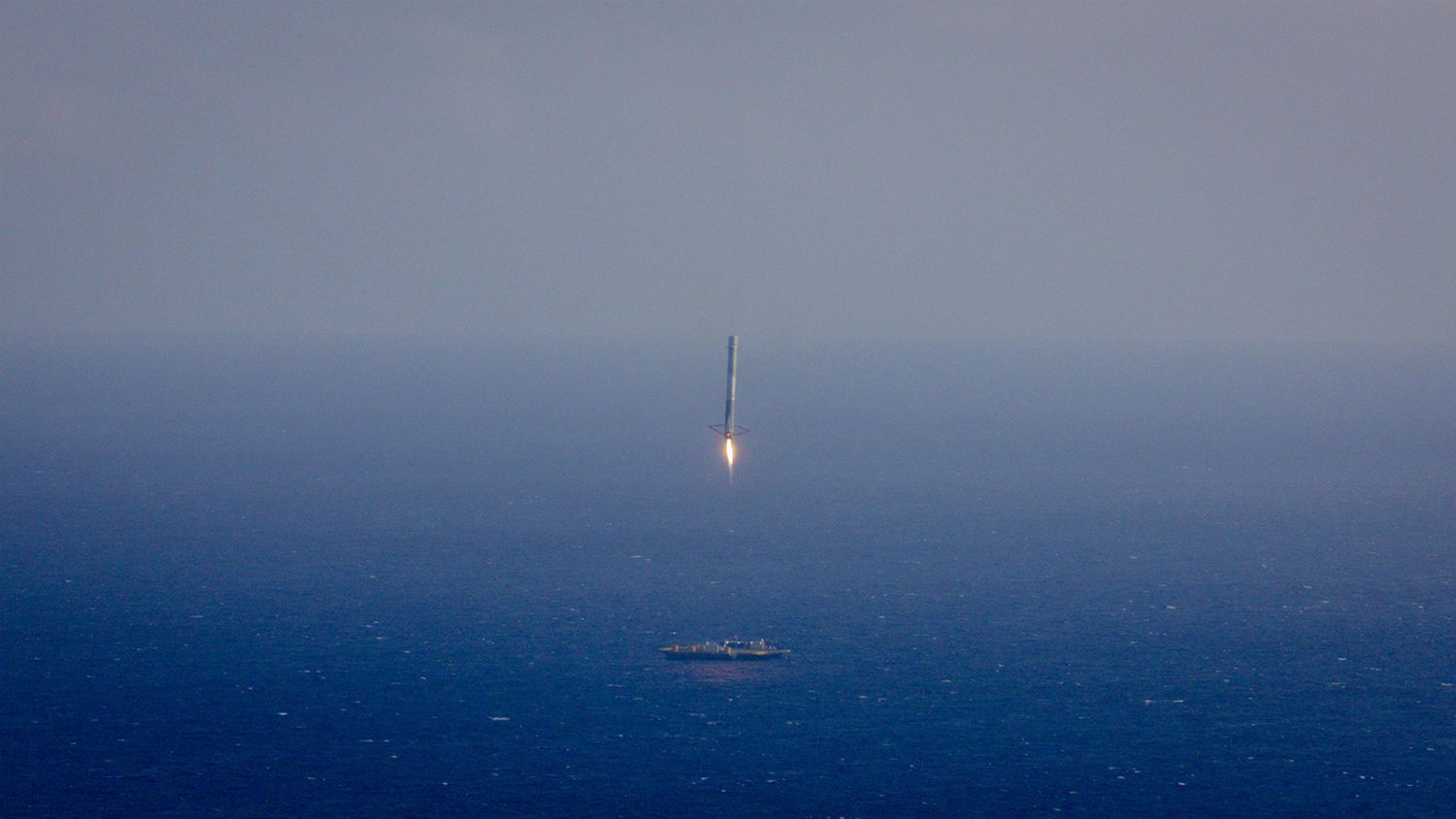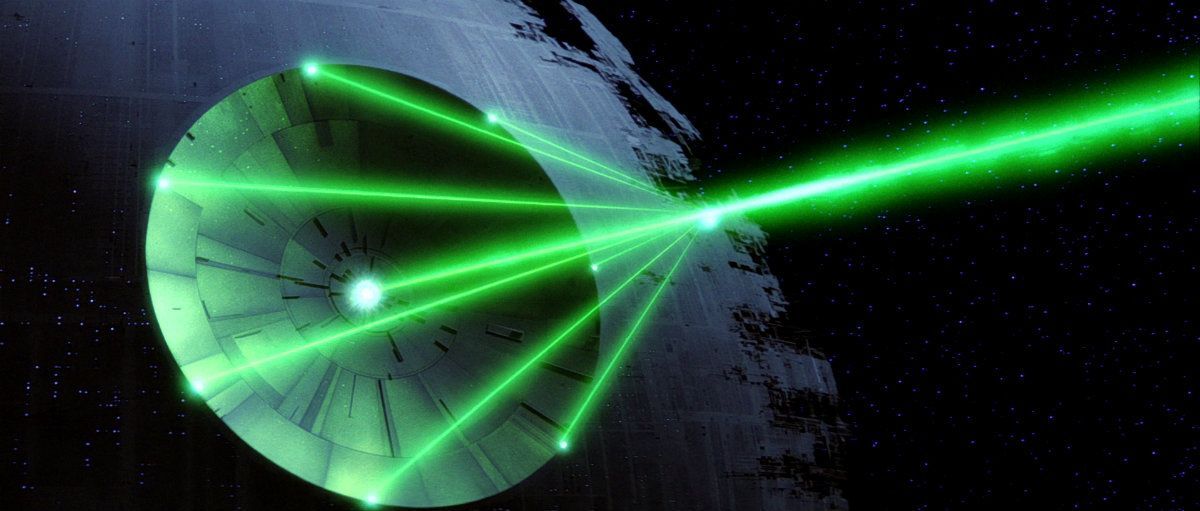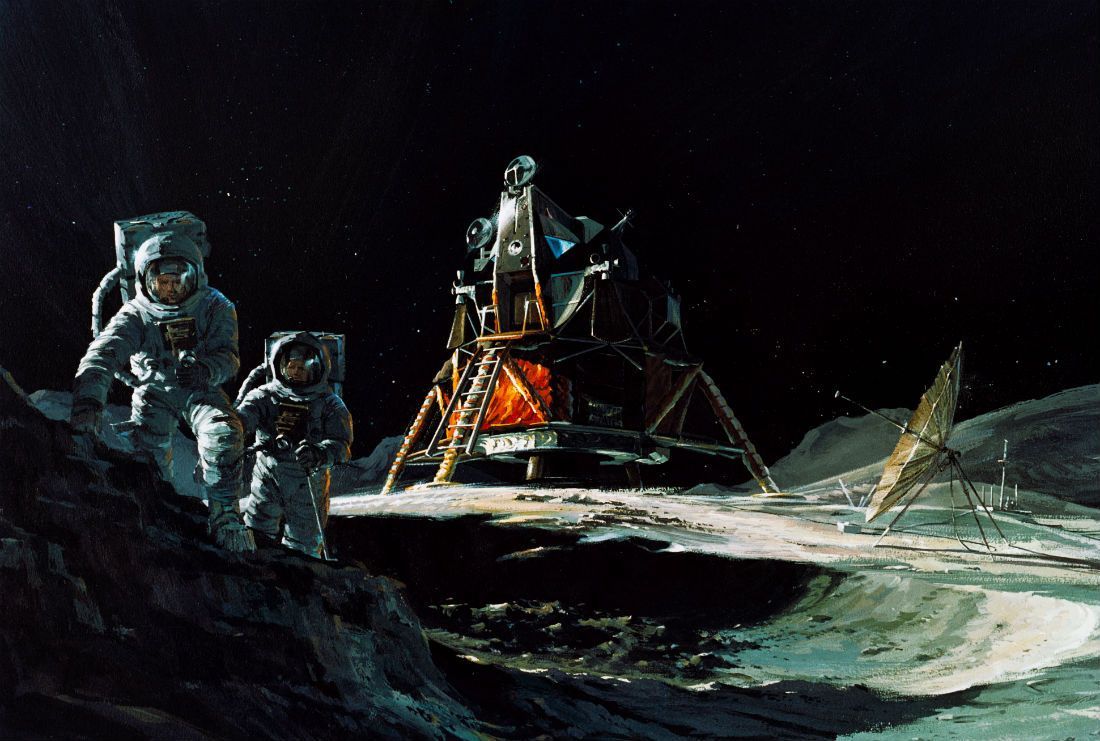
The Cosmos
Is there life elsewhere in the universe, or are we alone? What does the future of space colonization look like? From Earth to the great unknown, we're discussing humanity's place in the universe.
Processing your application
There was an error sending the email
Great!
Check your inbox and click the link to confirm your subscription
Uniquely thought-provoking
You've successfully subscribed to Bad Philosopher
Welcome back! You've successfully signed in.
Great! You've successfully signed up.
Success! Your email is updated.
Your link has expired
Success! Your account is fully activated, you now have access to all content.







